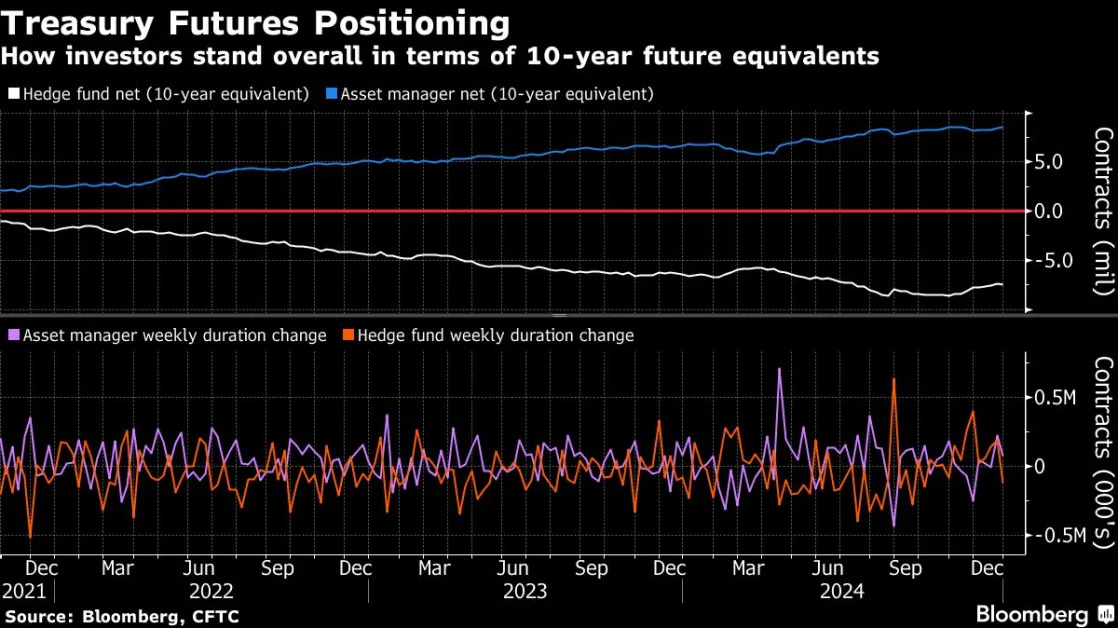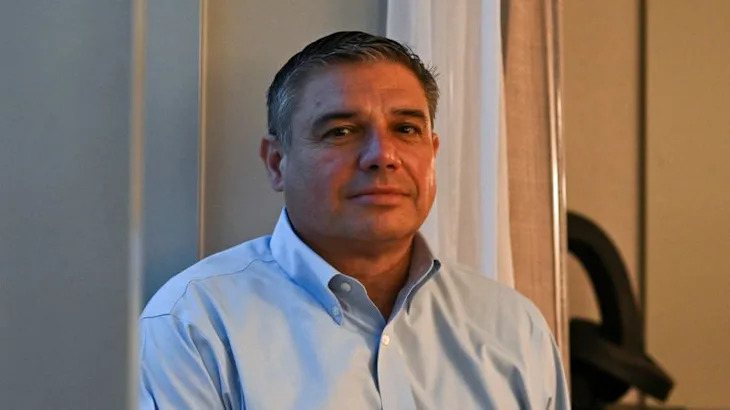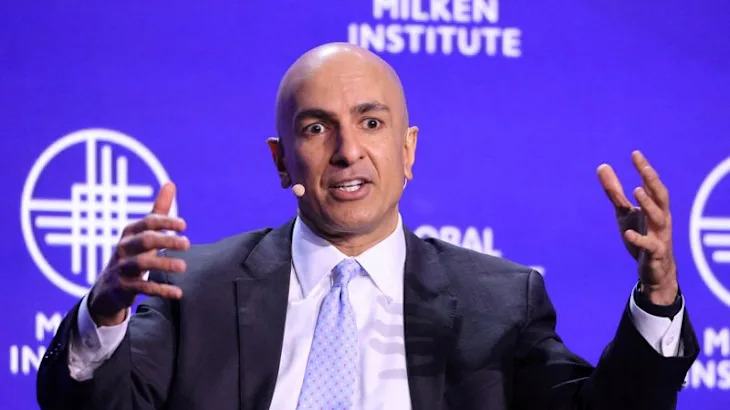(Bloomberg) -- Vice President Kamala Harris said she wouldn’t halt fracking if elected president, reversing her prior opposition to the technique used to produce most US oil and gas today.
“As vice president, I did not ban fracking,” Harris said Thursday in an interview on CNN, her most definitive statement on the issue since becoming the Democratic nominee. “As president, I will not ban fracking.”
Listen to the Bloomberg Daybreak Europe podcast on Apple, Spotify or anywhere you listen
The issue looms large for the Harris campaign, especially in Pennsylvania, which is both the second-largest US producer of natural gas and a key swing state. Harris’ shifting stance on the issue has provided a potent attack line for her Republican rival, Donald Trump, in the Keystone State, where he has cast her views as part of an extreme approach to energy policy that will cost jobs and raise gasoline prices.
The US can meet its climate goals without outlawing fracking, Harris said, pointing to the clean energy incentives in the sweeping Inflation Reduction Act as a way to drive progress on the issue. The 2022 law has triggered a wave of investment in manufacturing and deploying solar panels, batteries and other advanced technology.
“That tells me, from my experience as vice president, we can do it without banning fracking,” Harris said.
Questions have swirled over the candidate’s position on the issue because of a statement she made at a CNN presidential forum during her short-lived 2019 bid for the White House. Asked at the time if she would commit to a ban on fracking her first day in office, Harris said to applause: “There’s no question I’m in favor of banning fracking.”
Harris later moderated her stance, joining with President Joe Biden calling for tougher regulations of the method. Shortly after Biden dropped out of the presidential election in July and Harris became the presumptive Democratic nominee, a campaign spokesperson said she wouldn’t ban fracking if elected.
Fracking, or hydraulic fracturing, involves pumping water, sand and chemicals underground to free oil and gas from dense rock formations. It is responsible for the vast majority of US oil and gas production today — used at roughly 95% of the country’s wells. The process has drawn opposition from environmental groups opposed to fossil fuel production and concerned about groundwater contamination.
Harris’ approach to the issue Thursday appeared to be “an effort to avoid alienating both producer-aligned and climate-forward voters, especially in natural gas-intensive Pennsylvania, which is home to 19 electoral votes,” ClearView Energy Partners LLC said in a research note for clients.
The fight over fracking is in many ways symbolic. Without new legislation from Congress, a president’s power to restrict fracking is largely confined to federal lands, and even there far from absolute. But the Biden-Harris administration has imposed policies that limit oil and gas development — and if elected in November, Harris would be under pressure to go further in discouraging fossil fuel production.
“The Biden-Harris administration has used multiple regulatory levers to all but enact a fracking ban by other means, and we would expect a continuation into a Harris-Walz administration,” said Kathleen Sgamma, president of the Western Energy Alliance that represents oil and gas producers. Even absent a fracking ban, “the hostility to oil and natural gas would continue if she’s elected, and the regulatory agenda would march on without skipping a beat.”
On Thursday, Harris took pains to point out her support for the IRA, which included provisions meant to encourage more oil and gas leasing on federal lands and waters. The law required the US Interior Department to hold three previously canceled auctions of offshore oil and gas leases. And it made the government’s award of wind and solar rights on federal lands contingent on making more oil and gas leases available for sale.
“I cast the tie-breaking vote that actually increased leases for fracking as vice president,” Harris told CNN. “So I’m very clear about where I’m standing.”
(Adds comment from analysts and oil group president from ninth paragraph.)





